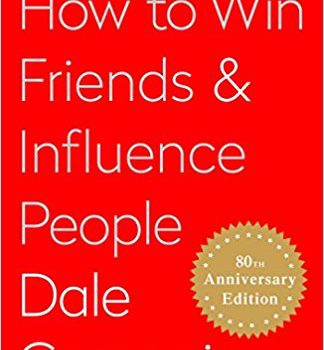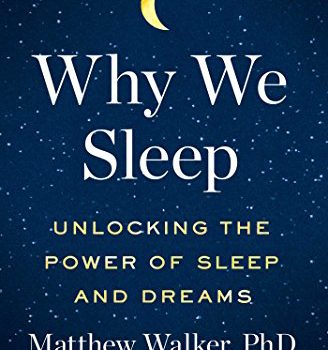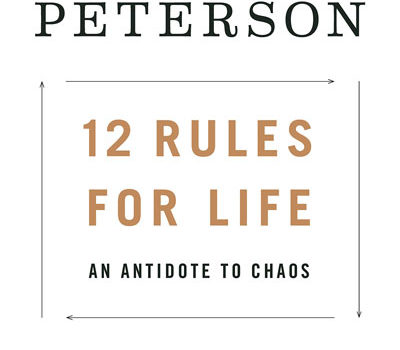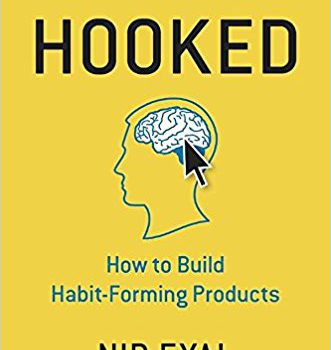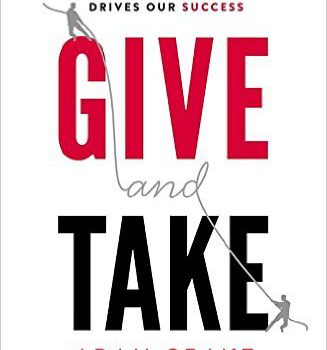12 Rules for Life is a collection of life principles that, if followed, are meant to improve your life. It reached the #1 spot on Amazon’s bestsellers list, and clearly it resonates with a lot of people.
Its author (Jordan Peterson, a clinical psychologist and U Toronto professor) argues that modern secularism and reliance on science has left a void in answers to important existential questions: What is the point of living? Why do bad things happen to good people? What am I supposed to do to make myself happier? Why does life have so much suffering?
Without a clear guiding structure, you might feel directionless. You may be prone to nihilism (“there’s no point to anything”), existential angst, and misery. You may blame the world for being unfair to you, while spending your time on things you know are counterproductive. You may feel stuck and unable to change.
12 Rules for Life is Jordan Peterson’s attempt to fill the void. It’s his prescription for how people should behave and how they should deal with the vagaries of life. It covers why you should stop telling lies to others and yourself, why you should stop doing things you know are bad for you, and how to pursue what is truly meaningful for you. If individuals can take charge of their lives, then society can cure its ills.
The general points in 12 Rules for Life are undoubtedly things you’ve heard vaguely in the past, even cliched – but for some reason, the way he articulates his prescriptions carries considerable power and gravity. It’ll remind you of what you didn’t know you knew. As comments a typically rational, data-driven writer: “I actually acted as a slightly better person during the week or so I read Jordan Peterson’s book…It certainly wasn’t because of anything new or non-cliched in his writing. But God help me, for some reason the cliches worked.”
In this 12 Rules for Life book summary, learn:
- What good posture has to do with your social status
- Why it doesn’t make sense to compare yourself with anyone else
- The one tactic to become an effective listener and get people to tell you whatever’s on their mind
- More explanations on the classic stereotype of women talking about their problems with men wanting to fix them too quickly
- How to stop blaming the world for your misfortunes and take responsibility
- A solution to nihilism
